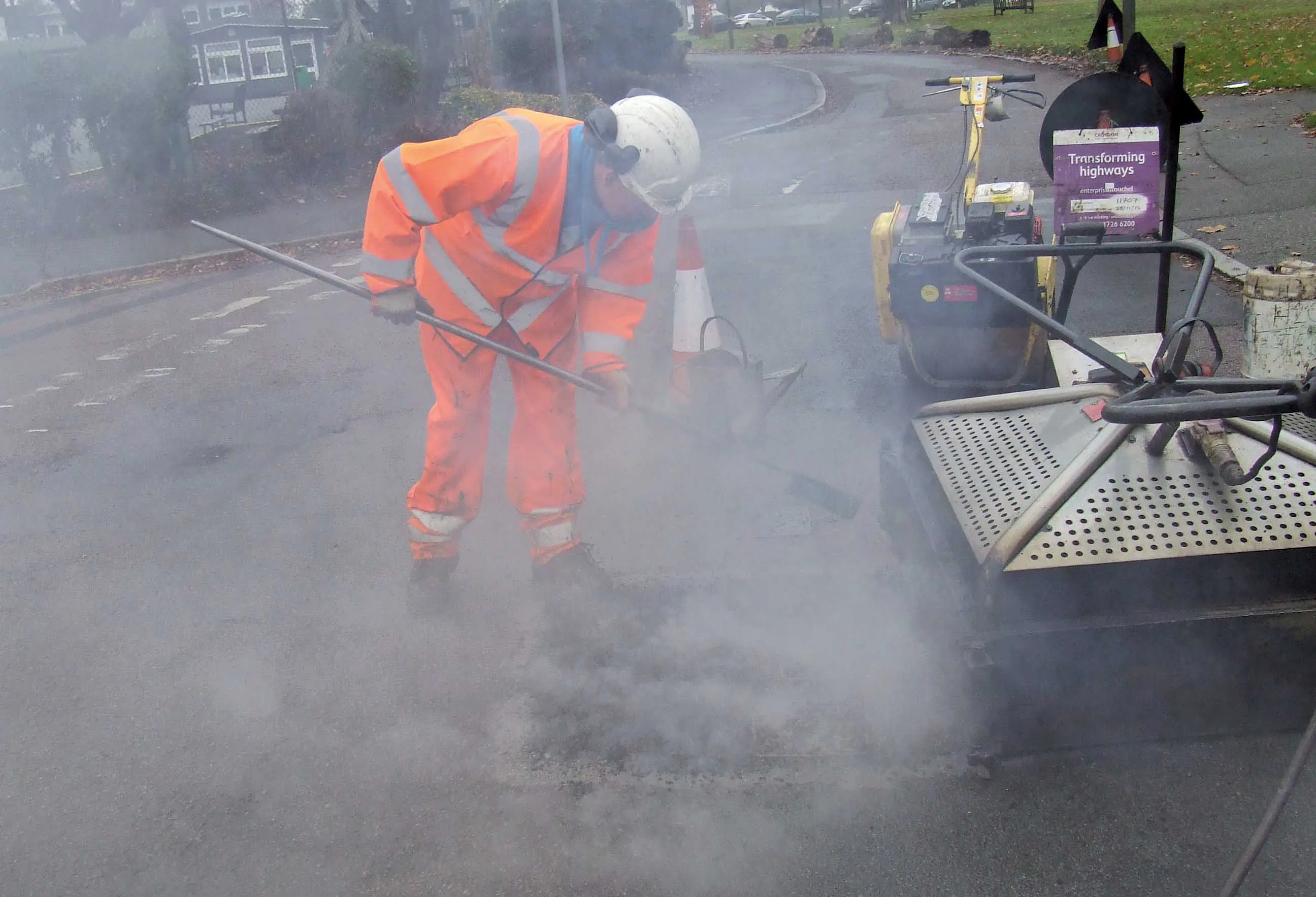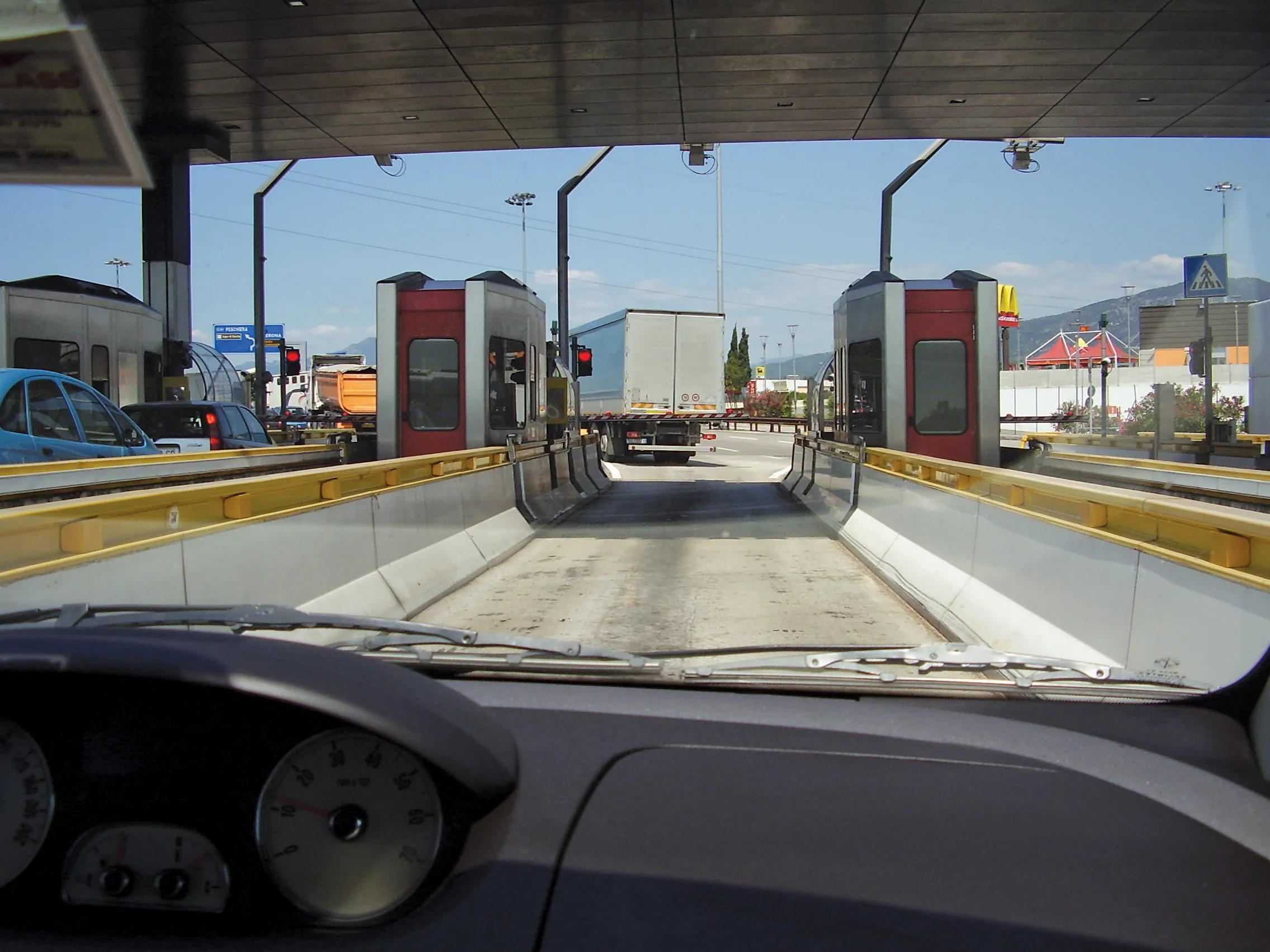The future financing of the European road network has again become a hot topic in Brussels
February 10, 2012
Read time: 4 mins

The future financing of the European road network has again become a hot topic in Brussels
On 15 October, 2010 in the Belgian capital, the Council of Transport Ministers hammered out a political compromise on the revision of the Eurovignette Directive that paves the way for the imposition of additional charges on road transport as a means of internalising externalities.Whether the imposition of these additional costs is justified or not remains the subject of protracted debate.
The most striking aspect of the recent political compromise is that it "lifts" the requirement for the compulsory earmarking of the revenue collected, leaving it up to Member States to spend the proceeds as they wish.
While some Member States have contended that compulsory earmarking could not be accepted for legal, or even constitutional, reasons (for example Brussels dictating to Member States how they should spend revenues), it can be forcefully argued that this is in fact a political decision, the objective of which is to help Member States raise additional revenue to shore up their ailing public finances.
Certainly, while perhaps understandable in a short-term perspective, the decision clearly shows, in the view of leading industry stakeholders, a complete lack of understanding regarding the severe implications of continued underinvestment in Europe's road infrastructure.
The repercussions of the current economic crisis on road financing are only just beginning to sink in and the ongoing sovereign debt crisis is imposing a new reality on Europe's governments and policymakers, with public spending being reigned in substantially in the name of fiscal orthodoxy.
Given that Europe's roads have to date been primarily financed by public funds, the question of where funding will come from in the future remains ominously open.
And today, we are at a critical juncture. Until now, investment in road maintenance, while declining, has arguably been just about enough to preserve a good quality network. Any further cuts will inevitably entail a virtually irretrievable deterioration of our European road network: an irreplaceable asset that has been painstakingly built up over the years at considerable cost, and which has undoubtedly acted as a huge catalyst for the integration of the internal market.
Given that the economic and social consequences of such a loss are likely to be catastrophic, it is imperative for policymakers to ensure that Europe's roads remain viable.
To bring home this message as prominently and forcefully as possible, the
Organised on 9 November, 2010 in the premises of the European Parliament under the patronage of Gesine Meisner MEP [Member of the European Parliament], this key debate on 'Fair Charging for Greener, Smarter and Safer Road Infrastructure' provided an ideal opportunity for the road sector to voice its concerns over lack of investment in road infrastructure and its opposition to recent political agreement on the Eurovignette.
The three organisations agreed on a common message that road pricing is acceptable as long as, firstly, it is conceived as a means of fairer charging based on the pay-as-you-drive concept, as opposed to a covert instrument for 'modal' shift or taxation; secondly, it is accompanied by the parallel abolition of numerous current taxes (fuel tax, vehicle tax) in order to ensure that users don't pay twice for the same usage, and thirdly, and most importantly, the revenue generated from road charging is channelled back into the road sector in the form of additional investment and research funds aimed at developing cleaner vehicle and infrastructure technologies.
As the Eurovignette proposals go back to the European Parliament for a second reading, ERF urges MEPs to heed this united call on the part of the industry by insisting that the final revision of the Eurovignette includes the principle of compulsory earmarking.
Removing this obligation will create yet another negative precedent that will further reinforce the perceived tendency of viewing road transport as a kind of inexhaustible source of income for state coffers, one that can somehow miraculously continue to provide revenue even if starved of the most basic levels of funding! It is time for Europe's policymakers to wake up to the gravity of the situation and realise that the stakes are already high and getting higher by the day. Given the vital importance of the road sector to Europe's economy, not least in terms of providing millions of jobs, we hope they make the right choices.









